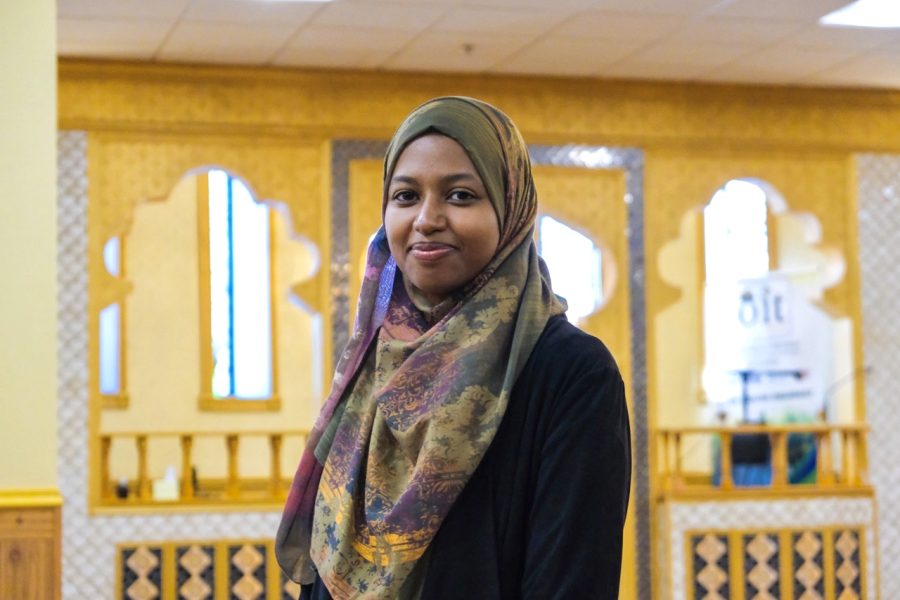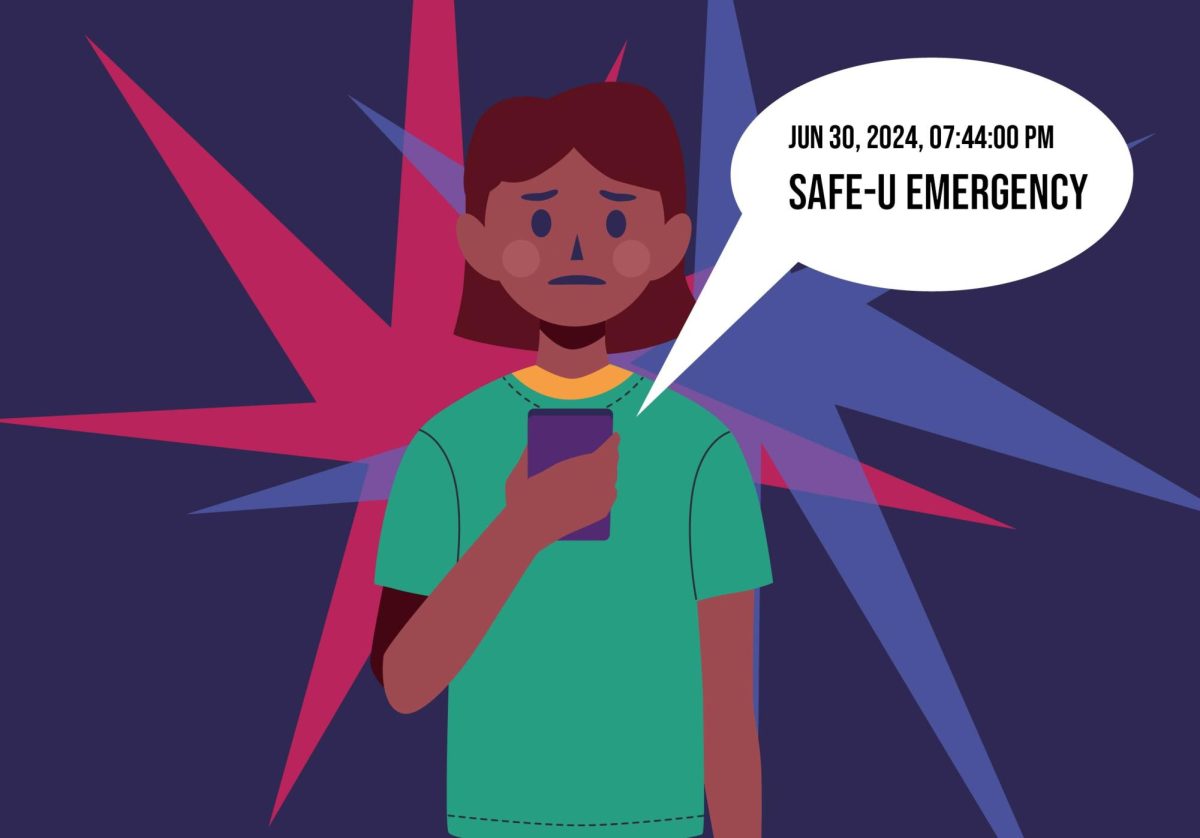The Seward Neighborhood Group, a local outreach organization that consists of volunteers from the University of Minnesota, is partnering with mosques in the area to increase the accessibility of COVID-19 vaccinations among underserved communities.
The group started doing community outreach following George Floyd’s death in 2020 and the uprisings that occurred near the Seward neighborhood. Leaders noticed the healthcare inequities facing Black communities, which weren’t able to access COVID-19 vaccines because of lack of community resources.
Besides vaccine outreach events, the group has launched other initiatives in Seward such as developing the Hub of Heaven community garden.
There is fear within the Seward community about getting the vaccine, according to Inari Mohammed, epidemiology doctoral student and volunteer with the Seward Neighborhood Group. Much of the fear surrounding the vaccination stems from misinformation spread on the Internet and messaging platforms like WhatsApp, along with general distrust towards health care experts caused by medical mistreatment of Black people, she said.
“There is fear of ‘what are they giving us?’ They are not sure if the people who are coming in to provide care are there with the right intention,” said Mohammed.
Mohammed said they do outreach to the Seward neighborhood because there is a high population of people from the Somali and Oromo communities. Most of the volunteers are from their respective community, which allows them to connect with residents about their concerns.
Mohammed said that some people in the community may not speak English as a first language or have access to transportation, so the group makes sure to provide vaccine information in their languages and provide transportation to their vaccination events.
The group’s events receive high turnout rates, which was encouraging to Mohammed because of what it meant for their vaccination rates.
“We were expecting maybe a couple dozen people, but we got around 70. We were not expecting that amount of interest, and what was great is that a lot of people were actually getting their first dose,” said Mohammed.
There are more vaccination events planned in the future, and Mohammed hopes they can continue to serve the community for a long time.
“I want to keep communities of color and marginalized communities from falling through the cracks,” Mohammed said.
The group frequently partners with mosques in the area, such as the Tawfiq Islamic Center, to host their vaccination events.
Apart from mosques, the group has also been in partnership with the Community-University Health Care Center (CUHCC) who helps administer the vaccine for their events.
Roli Dwivedi, the chief clinical officer and physician at CUHCC, said that approaching vaccine information in an equitable way is key to providing the right information to communities.
“It is our social responsibility that we provide authentic, clear and transparent information to our patients, especially patients of color,” said Dwivedi.
Dwivedi also said that providing culturally-specific information is an approach that the group does to provide information including brochures in their respective languages and going out into the community to encourage more vaccinations.
Opeyemi Adesida, the mobile health director for CUHCC, said having the vaccination events at local mosques has brought more encouragement within the community to get vaccinated. One instance Adesida mentioned was when 17 imams (leaders of mosques) from all across Minnesota got vaccinated at one of their events, which was televised for the community.
“It was encouraging for people to see that their religious leaders were getting vaccinated,” Adesida said.
Tajudin Aliy, a community member who attended a vaccination event on Jan. 15 at Tawfiq Islamic Center, said having someone of the same background is important to making major decisions.
“That decision [to attend the vaccination event] took me a while, but I decided to attend because I felt really comfortable seeing familiar faces that did it,” said Aliy.
Aliy attended the event with friends and other members of the Seward community and said that the biggest thing the Seward Community Group did at the event was having people from his community that would help him get vaccinated.
“It was important for me to see people who looked like me to help me make those decisions and feel like I’m not alone,” said Aliy. “It’s a warm environment filled with warm-hearted people who love what they do and want the best for you and your family.”


























